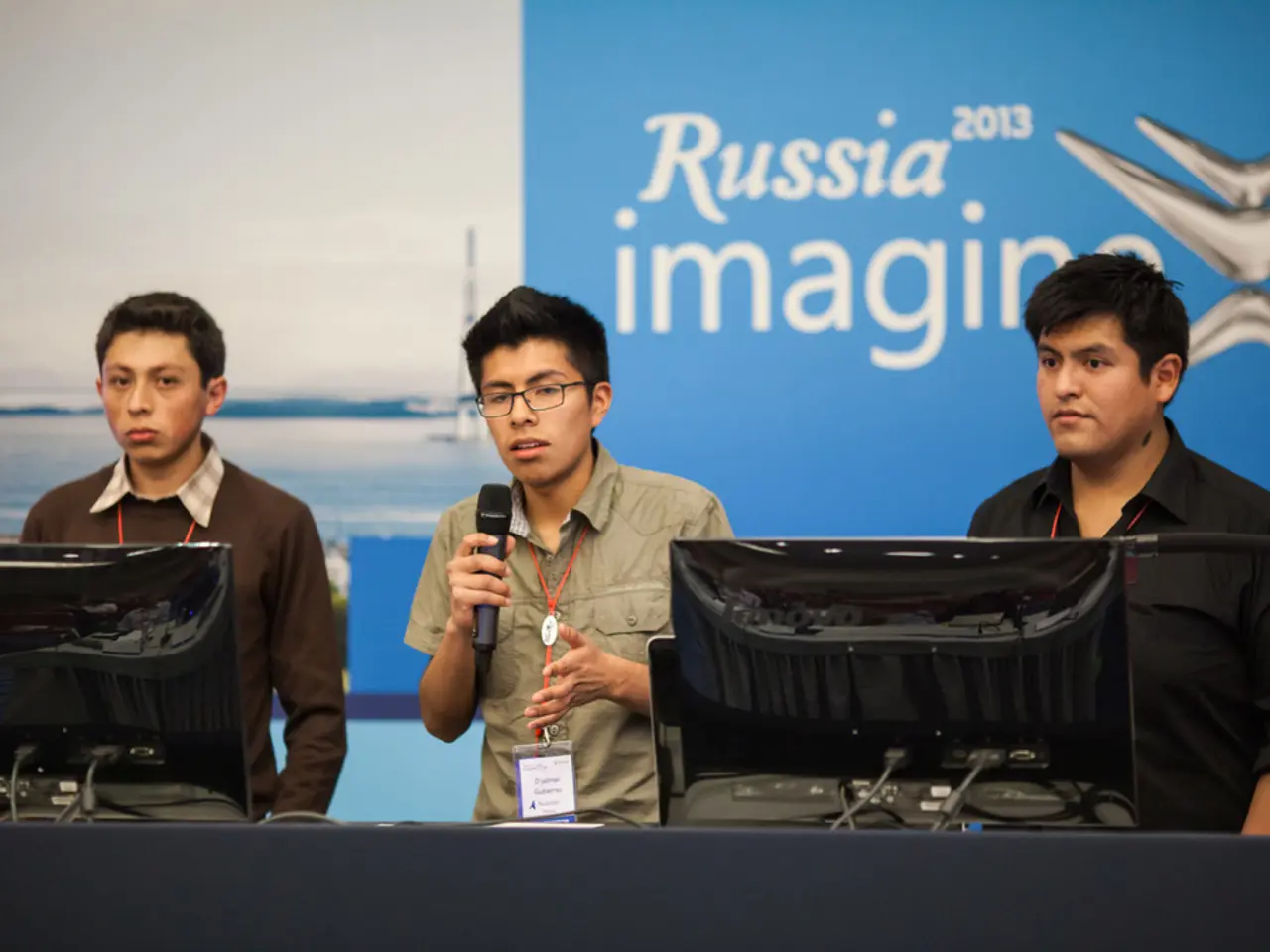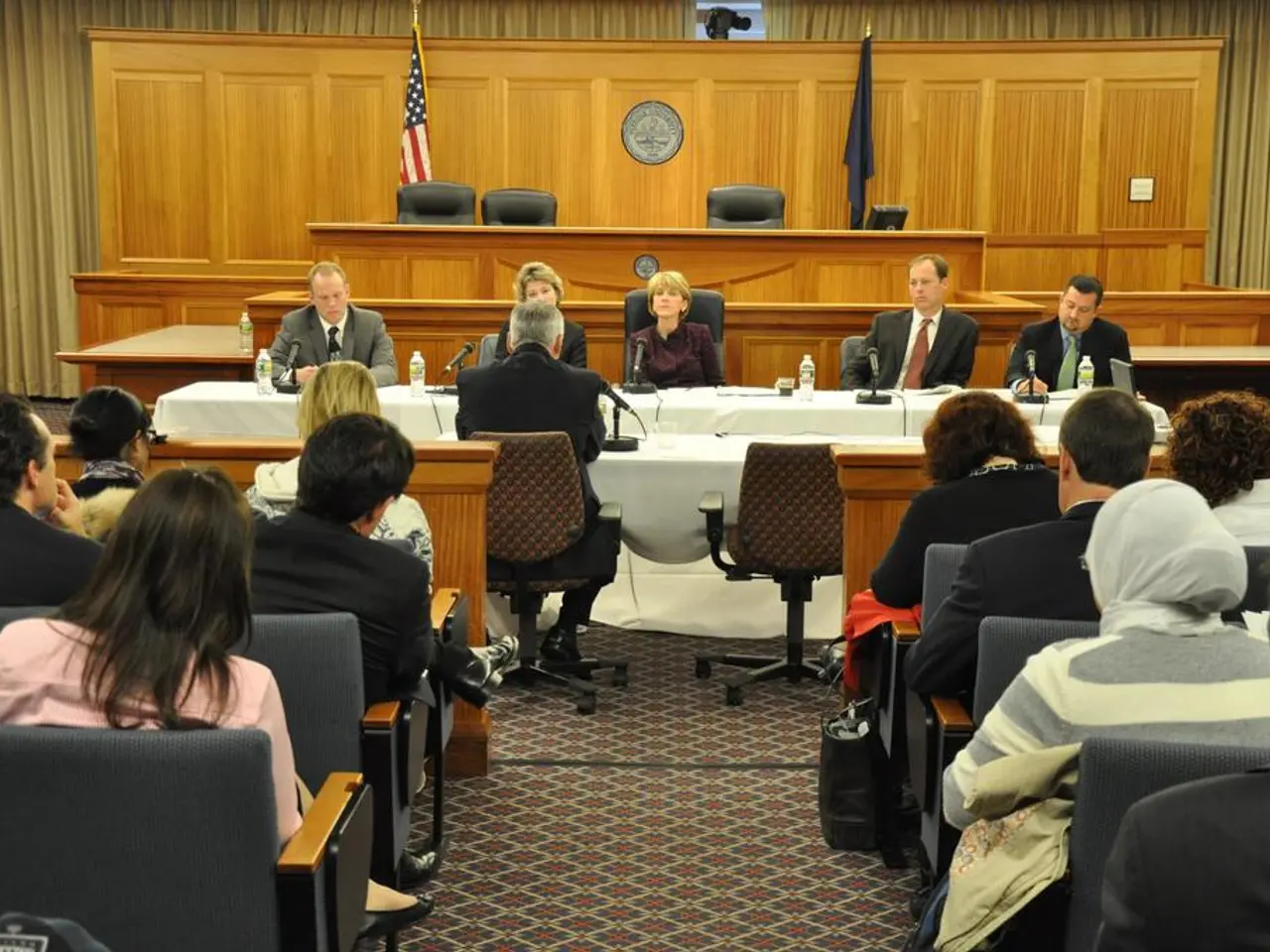Controversy surrounding South Korea's first lady: accusations of plagiarism, privileged background, and Kim Keon-hee under scrutiny
South Korea's Spouse Scrutiny Revolution
On Monday, Sookmyung Women's University announced it had revoked the art education degree of Kim Keon-hee, awarded in 1999 under her previous name Kim Myung-shin - all due to serious plagiarism in her thesis. This long-awaited decision signals a pivotal moment in South Korea, where the public is increasingly demanding accountability and transparency not only from elected officials, but from those close to power as well.
For critics, this move against Kim Keon-hee, wife of the impeached ex-president Yoon Suk-yeol, marks the end of the era of unchecked privilege for political spouses. The public eye is now trained not just on politicians, but on their families, who can no longer escape the demands for academic and ethical integrity[1][4].
The consequences of this growing public vigilance could significantly change the role and perception of future first ladies. First ladies have often wielded unofficial power without formal scrutiny. However, the Kim Keon-hee scandal reveals the risks of using such unchecked power and the exposure it invites. As a result, political analysts predict that future first ladies will face increased public and legal scrutiny, making it tougher to operate as informal power brokers[1].
Furthermore, the politicization of spouses in campaigns is on the rise. During the upcoming 2025 presidential election, candidates' spouses may become political symbols and targets, with campaigns focusing more on personal and family matters rather than policy issues[2][5]. This trend reflects intense political polarization, where private family matters are turned into the battleground, blurring democratic accountability.
As public and institutional vigilance intensifies, any attempt by spouses to wield power or benefit from their connection to elected officials is likely to be met with swift scrutiny, legal challenges, and public backlash. This could lead to a more formalized, transparent role for future first ladies, limiting the scope for informal political maneuvering and privilege[1][4]. In essence, South Korea is witnessing a fundamental evolution in its political culture, where the intersection of private family matters and public office is becoming increasingly transparent and accountable.
- The increased public scrutiny on spouses, following the Kim Keon-hee scandal in South Korea, may prompt a change in the education policy-and-legislation, emphasizing academic and ethical integrity for those close to power.
- The politicization of spouses in South Korea's general-news, such as during campaigns, could lead to an intensified focus on crime-and-justice issues regarding unchecked power, particularly for future first ladies.






